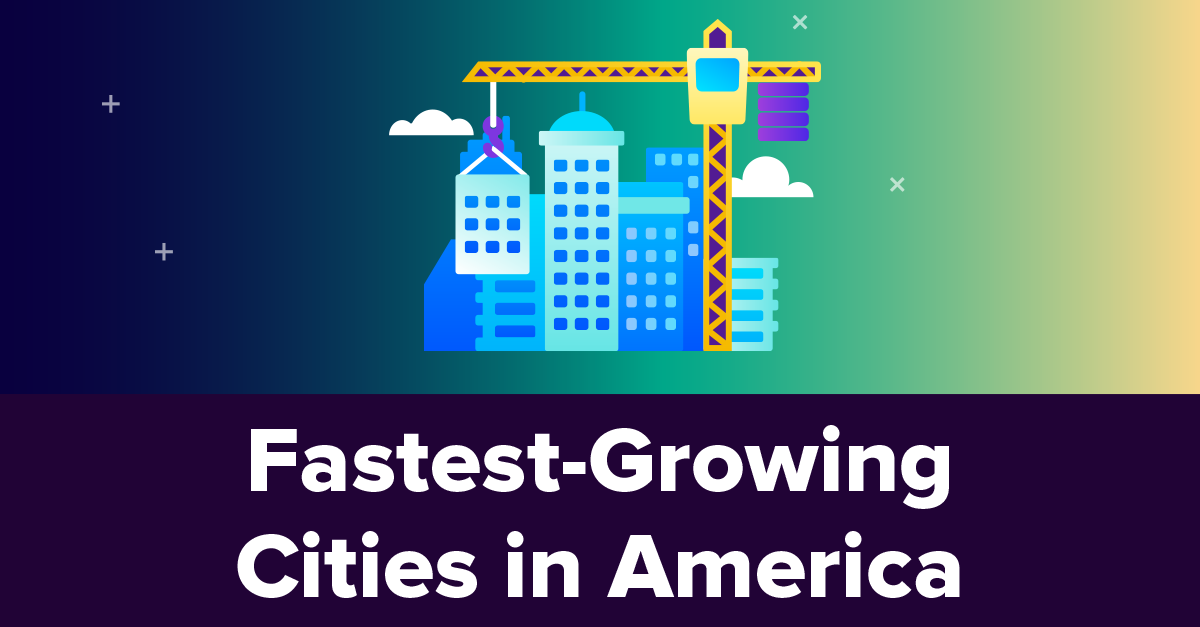bluzman61
Diamond Member
Fantastic!The only seed spitters I know are country white folk.I dont need cops or sunflower seed spitting contests in my neighborhood.At least they have copsAll those poor fools in red cities must be losing their housing and land is cheap.
you have russian immigrants in your town? you prefer watermelon seed spitters? ---------both of those foods are GOOD FOR YOU


